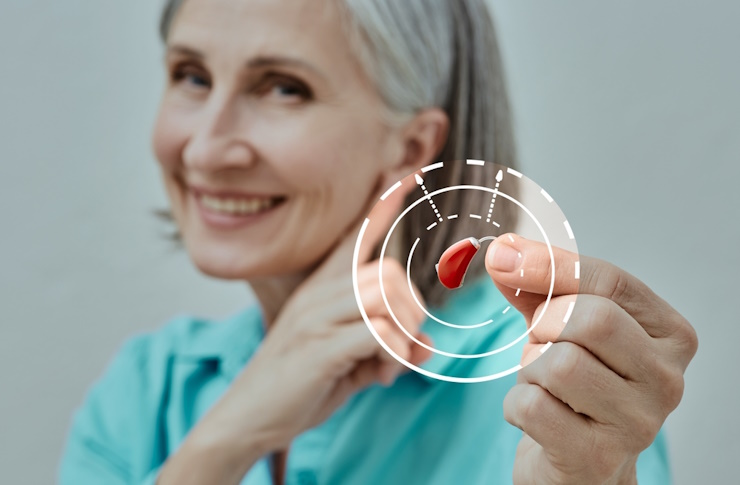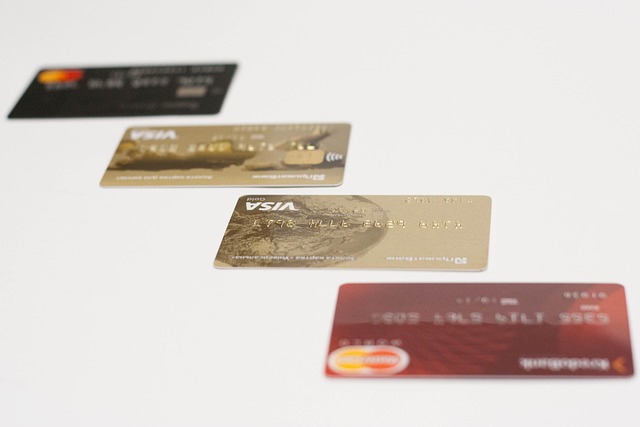Smart Solutions For people Storing Medications at Home
Managing medications at home has become increasingly complex as families juggle multiple prescriptions, supplements, and over-the-counter remedies. Modern technology now offers innovative ways to organize, track, and store medications safely, helping households avoid missed doses, dangerous mix-ups, and expired products. These smart solutions are transforming how people approach medication management in their daily lives.

The landscape of home medication management is evolving rapidly. With more people taking multiple medications daily and an aging population requiring complex treatment regimens, the need for better storage and tracking systems has never been more critical. Traditional pill bottles and bathroom cabinets simply cannot keep pace with modern healthcare demands, leading to medication errors, missed doses, and potential safety hazards.
Why Traditional Medicine Storage Isn’t Enough Anymore
The conventional approach to storing medications in a bathroom cabinet or kitchen drawer presents numerous challenges. Temperature fluctuations, humidity exposure, and poor lighting can degrade medications faster than their expiration dates suggest. More importantly, traditional storage methods offer no assistance with tracking doses, managing refills, or preventing accidental double-dosing. For households with children or elderly members, the risks multiply. Studies show that medication errors at home are surprisingly common, with confusion over dosing schedules being a leading cause. Additionally, when multiple family members take various medications, keeping track of who takes what and when becomes increasingly difficult without a systematic approach. The lack of organization can lead to dangerous situations where medications are taken incorrectly or not at all.
Smart Pill Organizers: Your Personal Medication Assistant
Smart pill organizers represent a significant leap forward in medication management technology. These devices go far beyond simple compartmentalized boxes by incorporating electronic reminders, dose tracking, and connectivity features. Many models include visual and audible alerts that notify users when it’s time to take their medication, reducing the likelihood of missed doses. Some advanced organizers feature automatic dispensing mechanisms that release the correct pills at scheduled times, which is particularly helpful for individuals with memory challenges or complex medication regimens. These devices often connect to smartphone applications, allowing users or caregivers to monitor adherence remotely. The technology can send alerts if doses are missed and maintain detailed logs of medication intake patterns. For people managing chronic conditions requiring strict adherence to medication schedules, these smart organizers provide peace of mind and improved health outcomes.
Safe and Secure Storage for Families
Safety considerations become paramount in households with children, pets, or individuals with cognitive impairments. Modern medication storage solutions address these concerns through various security features. Lockable medication cabinets with biometric or code-based access ensure that only authorized individuals can retrieve medications. Some smart storage systems include weight sensors that detect when medications are removed, creating an automatic inventory log. Temperature-controlled storage units maintain optimal conditions for medications that require specific environmental parameters, extending their effectiveness and shelf life. Child-resistant features have become more sophisticated, incorporating multiple-step unlocking mechanisms that are difficult for young children to defeat while remaining accessible to adults. For families caring for elderly relatives with dementia, secure storage prevents accidental overdoses while ensuring medications remain available when needed under proper supervision.
Stay Connected With Health Apps and Smart Homes
The integration of medication management with broader smart home ecosystems and health applications creates a comprehensive wellness monitoring system. Health apps can sync with smart pill organizers to provide detailed medication histories that can be shared with healthcare providers during appointments. This data helps doctors assess treatment effectiveness and make informed adjustments to prescriptions. Voice-activated assistants can now provide medication reminders and answer questions about dosing instructions without requiring users to read small print on bottles. Some systems integrate with pharmacy services, automatically requesting refills when supplies run low and coordinating delivery schedules. Wearable devices can monitor health metrics alongside medication intake, helping identify correlations between adherence and health outcomes. For caregivers managing medications for family members remotely, these connected systems provide real-time updates and alerts, enabling proactive intervention when issues arise.
A Smarter Future for Your Health
The trajectory of medication management technology points toward even more sophisticated solutions. Artificial intelligence is beginning to play a role in predicting potential drug interactions and suggesting optimal timing for different medications based on individual metabolism and lifestyle patterns. Future systems may incorporate facial recognition to ensure the right person is taking their prescribed medications, further reducing errors. Integration with electronic health records could enable seamless communication between patients, pharmacies, and healthcare providers, creating a closed loop of medication management. As telehealth continues to expand, remote medication monitoring will become increasingly important for managing chronic conditions and reducing hospital readmissions. The convergence of medication management technology with broader health monitoring systems promises to make home healthcare safer, more effective, and more personalized than ever before.
This article is for informational purposes only and should not be considered medical advice. Please consult a qualified healthcare professional for personalized guidance and treatment.




